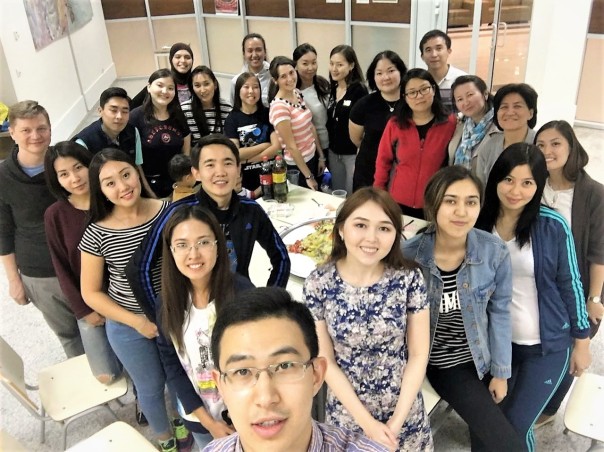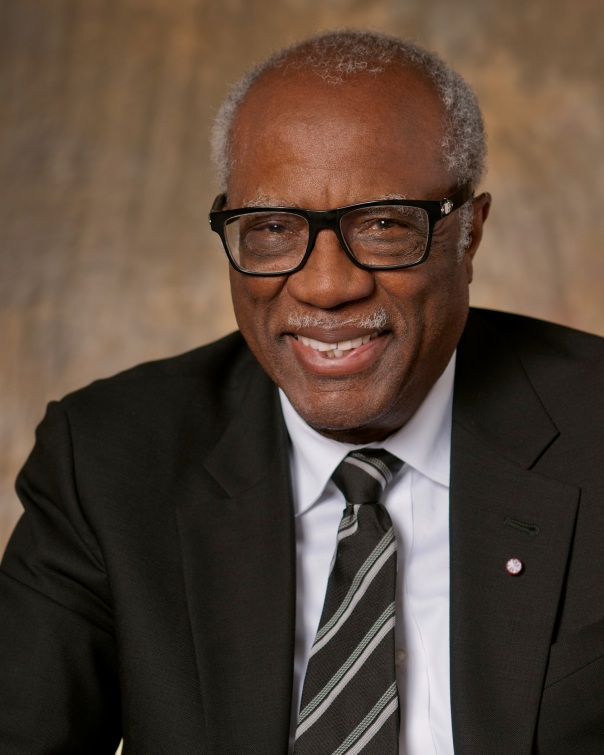
Photo credit: https://www.ewsd.org
Once I was told that there are more interesting lessons in English, but the lessons of Kazakh and Russian are almost the same. At that time I realized that these words might have a true line in our context. There is a debate about teaching the Kazakh and Russian languages among education professionals. As a person, who came through primary, secondary, and undergraduate levels of education in Russian and English, I am not as proficient in Kazakh as I wish. The reasons for that could be numerous. I would like to elaborate on one – teaching methods.
Remembering the lessons of English, where I was motivated to learn and participate in activities, it was a different situation when the time comes to talk about Kazakh and Russian language classrooms. Mostly, teaching methods of Kazakh and Russian include learning something by heart, reading and retelling, memorizing words and grammar, writing essays, etc. A Grammar Translation Method (GTM) prevails. Grammar Translation Method is not an inadequate method; the outcome could be fantastic if mixing it with other approaches. There is no diversification of methods and techniques which could motivate students to learn a language, even unconsciously. As it turns out, some students learn a language for the sake of getting marks.
It is not the same situation with lessons of the English language. They inspired me, and I wanted to become a teacher of English. When I had been studying in a Pedagogical Institute, we had a course dedicated to different methods of teaching English. For instance, instead of the stated in the previous paragraph meaningless tasks, teachers may add case studies, surveys, pair and group projects, jigsaw activity, role play, problem solving activities, interviews, skits, diverse games, and many other interactive tasks. I understood that there are many of them to use in a classroom. Why do not teachers of Kazakh and Russian adopt some of them during classes? I also came across one chapter from a book “Methods and Approaches of English language Teaching”, which could serve as a basis for all language teachers. It consists of the explanation and usage of 18 various methods and approaches in the English language classrooms, including GTM.
I believe if teachers of the Kazakh and Russian languages use diverse methods of teaching, it could help solve some difficulties appearing with a lack of proficiency in these languages. Many sources about teaching methods are in English, but I am ready to contribute in translating and sharing it with willing teachers. The idea for this blog post takes roots from my own experience. I would like to know if you have ever faced with this problem. Have you had the same experience or not?



 E-learning system in Kazakhstan has been working without any changes for about four years, and there are many obstacles towards it. In order to implement something from the very beginning, we need to try to look at the research projects that were conducted before to eliminate some problems. After reading the blog post
E-learning system in Kazakhstan has been working without any changes for about four years, and there are many obstacles towards it. In order to implement something from the very beginning, we need to try to look at the research projects that were conducted before to eliminate some problems. After reading the blog post 
 How do you cope with a deadline? The deadline is the word that provokes every student to be scared and start to procrastinate. The life of a student changes when deadlines come closer. The studying at NUGSE is as difficult as taking part in a marathon where the end of a distance is the most willing but exhausting. However, I can state that everything is possible and the deadline is not the thing to think different about. Some rules of mine presented below might help students studying at NUGSE get rid of anxiety about deadlines.
How do you cope with a deadline? The deadline is the word that provokes every student to be scared and start to procrastinate. The life of a student changes when deadlines come closer. The studying at NUGSE is as difficult as taking part in a marathon where the end of a distance is the most willing but exhausting. However, I can state that everything is possible and the deadline is not the thing to think different about. Some rules of mine presented below might help students studying at NUGSE get rid of anxiety about deadlines.